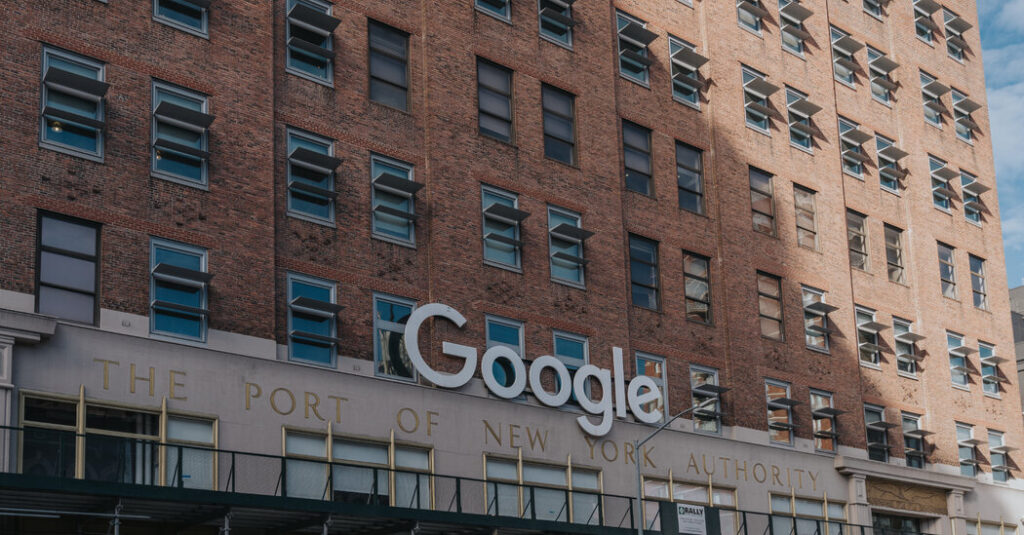Although Google faces the risk of breaking up after losing two antitrust cases, it can still take comfort in its massive profits.
On Thursday, Alphabet, Google’s parent company, announced a significant profit increase, reporting a net income of $34.54 billion for the first quarter, up from $23.66 billion the previous year.
However, a large portion of this uptick came from equity investments rather than its core operations, which is less thrilling for investors and analysts. Following the announcement, Google shares saw a modest increase.
The quarterly revenue reached $90.23 billion, marking a 12 percent rise from last year, slightly exceeding the expected $89.15 billion. Operational income grew by 20 percent, surpassing forecasts.
Sundar Pichai, CEO of Google, remarked that the results demonstrate “healthy growth and momentum throughout the business.” However, when asked during a conference call about the uncertain outlook for the second quarter, he mentioned it was too early to assess.
The company from Mountain View, California, also approved a $70 billion stock buyback and announced a 5 percent dividend increase, having introduced dividends last year.
Google began 2025 uneasily, with its stock down nearly 25 percent from its February high, partially due to economic instability from President Trump’s tariff policies. For instance, major Google advertisers, like Chinese e-commerce firms Temu and Shein, reduced their ad purchases amid a growing U.S.-China trade conflict.
Analysts believe these results could represent a peak for the year. Yory Wurmser, an analyst at eMarketer, noted, “Google posted strong numbers last quarter ahead of a potentially turbulent period.”
Another challenge for Google arises from artificial intelligence, which is rapidly transforming the search landscape and introducing competition from firms like OpenAI and Perplexity.
During the conference call, Mr. Pichai emphasized that Google’s own initiatives were thriving, noting that “there has been significant momentum,” mentioning that AI Overviews, a new search feature, has amassed 1.5 billion users monthly.
However, the antitrust losses loom large. In August, a federal judge determined that Google held an illegal monopoly in online search, with the appropriate remedies still under judicial discussion. Recently, another judge ruled that Google monopolized its online advertising technology.
Google is committed to contesting these antitrust suits vigorously, but some analysts suggest that a proactive breakup might be wiser. Historical examples provide insight into this perspective.
For example, the government pursued IBM for 13 years, from 1969 to 1982, before dropping its antitrust case. IBM never regained its market supremacy, and some experts argue that settling would have allowed the company to innovate more freely. Similar arguments apply to Microsoft, which avoided a breakup after an appeal in 2001 but experienced stagnation for a decade.
Google’s growth is naturally slowing, a reflection of its vast size and prior successes. In its formative years, revenue often surged by 50 to 100 percent during the explosive growth of the consumer internet, when “Google” became a common term. Now, the company’s scale restricts rapid expansion.
Mr. Pichai did not address the antitrust issues in his prepared remarks, and no analysts raised the topic. Nevertheless, it doesn’t imply that the concerns will be overlooked.
“We suspect the company may need to alter its business practices and could face fines,” stated Dave Heger, a senior analyst at Edward Jones, in a research note.
While the future changes remain uncertain, Google has the financial capacity to manage fines, with Alphabet’s CFO, Anat Ashkenazi, revealing that the company concluded the quarter with $95 billion in cash and marketable securities.
To highlight this, when Google went public in 2004, its total valuation was only about $23 billion, significantly lower than its current financial standing.


